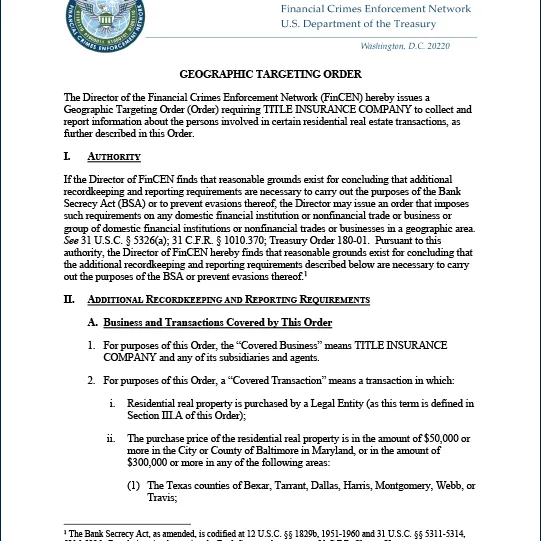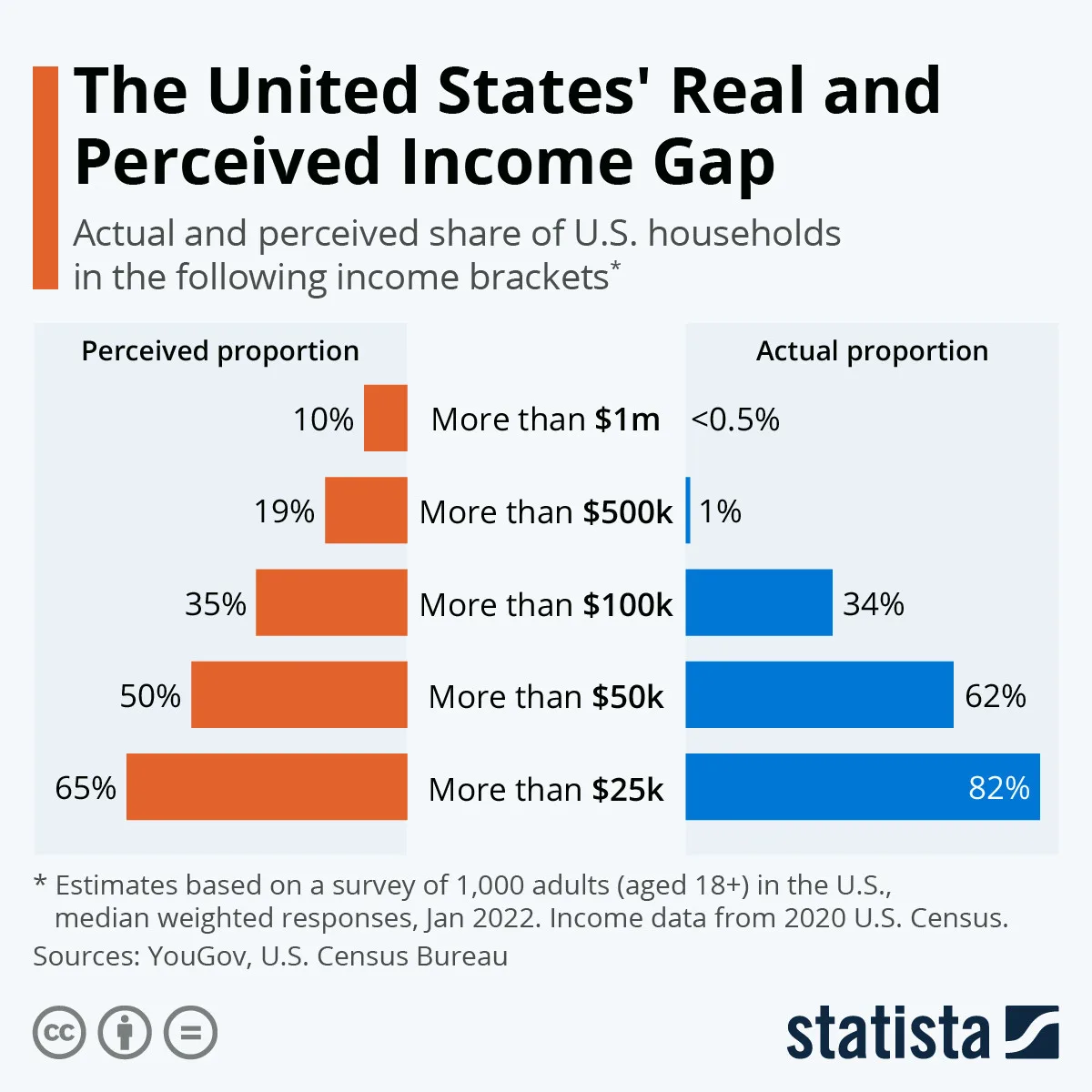In a significant move, the U.S. Treasury Department has announced that it will not enforce certain provisions of the anti-money laundering law regarding beneficial ownership information (BOI). This decision is a result of a legal ruling in November that deemed the financial reporting requirements inadequate. The Treasury’s Financial Crimes Enforcement Network (FinCEN) stated that it will not be issuing any fines or penalties in connection with related non-compliance. This comes at a time when many stakeholders are trying to navigate the complexities of these regulations.
Donald Trump, former President of the United States, praised the Treasury Department’s decision to suspend the enforcement of BOI requirements, expressing that this move supports small businesses and helps to simplify regulatory burdens. Trump’s endorsement came amid ongoing discussions about the implications of these measures for businesses and the broader financial system.
As stakeholders respond to this development, it raises questions about the future of anti-money laundering laws and the ongoing efforts to combat financial crimes. Activists and policymakers have expressed mixed reactions, considering both the merits of regulatory compliance and the importance of maintaining robust protections against money laundering and corruption.











